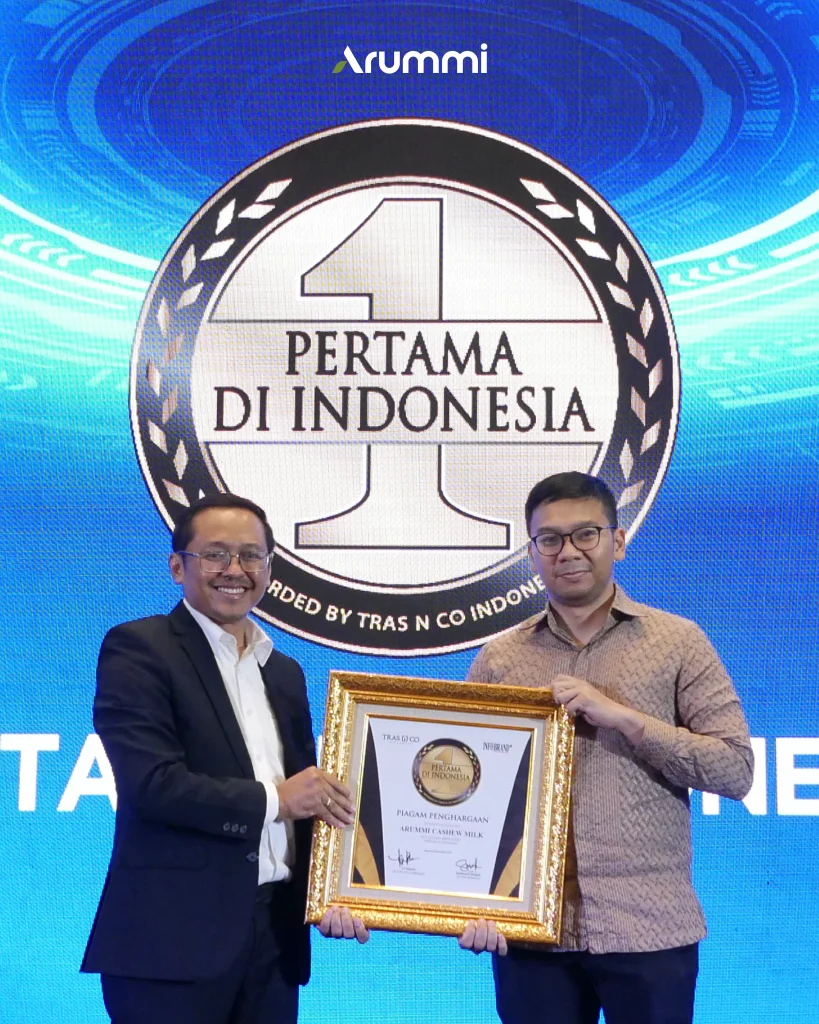When maintaining a healthy body, we often focus on macronutrients such as proteins, carbohydrates, and fats. Although they are needed in relatively small amounts, micronutrients also significantly impact our health!
In this article, we will talk about copper, including its health benefits, the dangers of consuming too much or too little, and examples of its food sources.
What is Copper?
Copper is a mineral naturally occurring in some foods and is available as a supplement. Copper acts as a cofactor for several enzymes involved in various important functions in the body. Although required in small amounts, copper deficiency can cause serious health problems.
Health Benefits of Copper
Here are some of the health benefits of copper:
1. Maintaining the Nervous System
Copper has a vital role in maintaining the health of the human nervous system. An imbalance of copper in the body can interfere with the normal functioning of the nervous system and is potentially linked to neurodegenerative diseases such as Alzheimer’s.
Although some experts believe that low copper levels are linked to Alzheimer’s, some studies show different results. Therefore, further research into the link between copper and Alzheimer’s is still needed.
2. Maintaining the Immune System
Copper is also crucial for maintaining the immune system. Copper deficiency can impair immune cells’ antibody production, thereby increasing susceptibility to various pathogens.
Impact of Copper Imbalance
Copper is an essential mineral for the human body, but excessive or too low consumption may pose certain risks. The following are the dangers of unbalanced copper consumption:
a. Impact of Copper Deficiency
Copper deficiency is rare in humans. However, research shows that the effects of copper deficiency can lead to the following problems:
- Anemia
- Hypopigmentation
- Hypercholesterolemia
- Connective tissue disorders
- Osteoporosis and other bone defects
- Abnormal lipid metabolism
- Ataxia
- Increased risk of infection.
b. Impact of Excess Copper
Copper toxicity is rare in individuals who are healthy and have no genetic problems. Wilson disease is one condition that inhibits the effective removal of copper due to genetic mutations.
However, another case that can lead to copper toxicity is the consumption of water that contains high levels of copper. It can happen if water stagnates in pipes or devices made of copper or if the plumbing and water systems in the home allow copper to seep into the drinking water.
If copper is consumed in excessively high amounts and constantly, it can cause damage to the liver and symptoms of indigestion such as abdominal pain, cramps, nausea, diarrhea, and vomiting.
Copper Source Foods
To ensure the body gets enough copper, eating foods rich in this mineral is essential. Some natural sources of copper are as follows:
- Seafood, such as shrimp and crab
- Nuts, such as cashews, almonds, and hazelnuts
- Wheat cereal products
- Chocolate
- Seeds such as sunflower and sesame seeds
- Beef liver
- Green vegetables
Arummi Cashew Milk – A Beverage that Contains Copper
Consuming foods and drinks rich in copper can help maintain the balance of this vital mineral in your body. Cashew milk is one delicious option that you can consider.
Let’s consume Arummi Cashew Milk to support the health of your nervous and immune systems. Get this product at your nearest supermarket now!









































